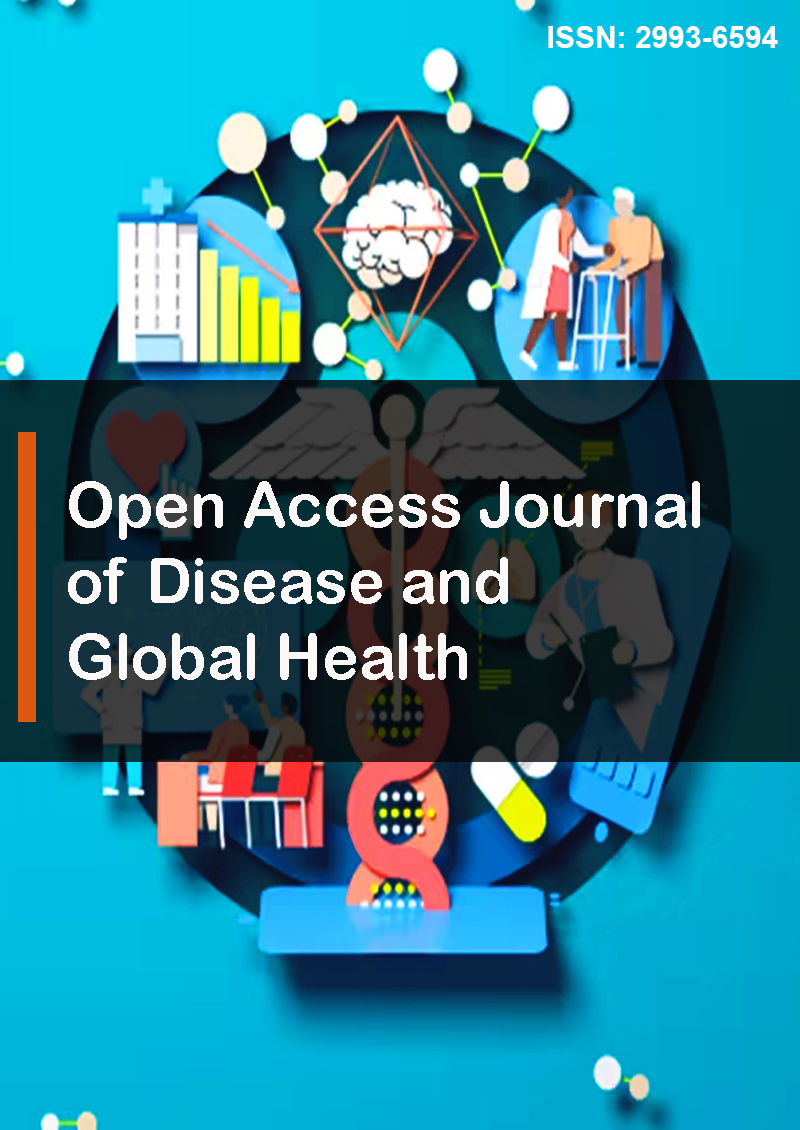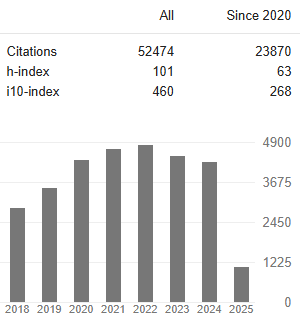Specific Immunotherapy Can Be A Useful Treatment in Seasonal Pollen Induced Esophagitis
Abstract
Alicia Armentia, Sara MartÃÂn-Armentia, Rafael ÃÂlvarez-Nogal, Blanca Martin-Armentia, Sara Gayoso, Javier Santos and Delia Fernández-Gonzalez
Although pollen allergy is very common in patients with eosinophilic esophagitis (EoE), it is doubtful that pollen is an etiological agent to consider.
We selected 255 patients suffered from esophagitis with seasonal exacerbation, and performed a real life study on the efficacy of immunotherapy with the detected pollen and avoidance of food, if was also detected. Allergens involved in EoE were identified by prick, specific IgE and molecular analysis: component resolved diagnosis (CRD) by microarrays.
Microscopic examination of esophageal biopsies of patients with EoE were made to verify the presence of callose (polysaccharide abundant in the polinic tubes during germination, but absent in animal tissues) in the esophagus. Endoscopy and biopsy were performed ever six months of treatment. Esophageal mucosal sections were analyzed by scanning electron microscope Immunotherapy guided by molecular analysis and biopsy study was useful to decide the treatment (avoidance or targeted immunotherapy). This treatment allowed us a more reasonable restriction of food in the diet and specific immunotherapy aimed at the suspected allergens responsible for the disease. After immunotherapy, 188 (74%) patients were discharged whit negative biopsy, no symptoms, no medication, without relapse. Specific molecular guided immunotherapy can be a useful treatment in seasonal pollen induced esophagitis.




